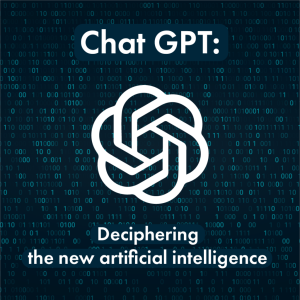Legal advice involves providing professional opinions regarding the law or specific legal issues. When it comes to leveraging artificial intelligence in legal matters, ai chatgpt free represents a significant breakthrough. However, it’s essential to understand the capabilities and limitations of such technologies in the context of legal advice.
Understanding AI in Legal Consultation
Artificial intelligence, particularly in the form of chatbots like ChatGPT, has revolutionized numerous sectors, including customer service, education, and content creation. In the legal domain, AI offers promising utilities but also faces specific challenges and ethical considerations.
Capabilities of AI in Law
AI technologies, including ChatGPT, excel in processing vast amounts of information rapidly. They can:
- Summarize legal documents
- Provide general information on legal topics
- Help identify relevant legal precedents
- Assist in drafting legal documents
These capabilities make AI an invaluable tool for legal research and preliminary document preparation, enhancing efficiency and reducing the time legal professionals need to spend on routine tasks.
Limitations and Ethical Considerations
Despite its advantages, AI cannot replace human judgment and expertise in legal matters. Key limitations include:
- Lack of personalized advice: AI can provide information but cannot tailor advice to individual circumstances without human oversight.
- Ethical considerations: The use of AI in legal advice raises questions about confidentiality, accountability, and the unauthorized practice of law.
- Regulatory compliance: Legal standards and regulations vary by jurisdiction, challenging AI’s ability to provide universally applicable advice.

The Role of ChatGPT in Legal Advice
While ai chatgpt free can offer general legal information and assist with certain tasks, it does not have the capacity to provide legal advice in the traditional sense. Legal advice requires a deep understanding of the law, nuanced judgment, and consideration of individual circumstances—qualities that AI currently lacks.
Legal Information vs. Legal Advice
- Legal Information: Facts about the law or legal processes that do not require personalization or professional judgment. ChatGPT can effectively provide this.
- Legal Advice: Application of law to an individual’s specific circumstances, requiring professional legal judgment. ChatGPT cannot provide this.
Practical Applications of ChatGPT in Legal Work
Legal professionals can use ChatGPT to:
- Draft initial versions of legal documents, saving time and resources.
- Conduct preliminary legal research.
- Provide educational content on legal topics to the public.
Conclusion
While ChatGPT and similar AI technologies offer significant benefits for legal research and administrative tasks, they cannot provide personalized legal advice. The human element—professional judgment, ethical considerations, and personalized counsel—remains irreplaceable in the legal profession. As AI continues to evolve, its role in supporting legal work will likely grow, but it will augment rather than replace the need for qualified legal professionals.